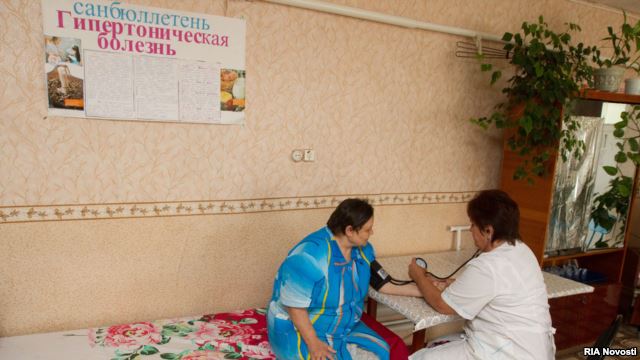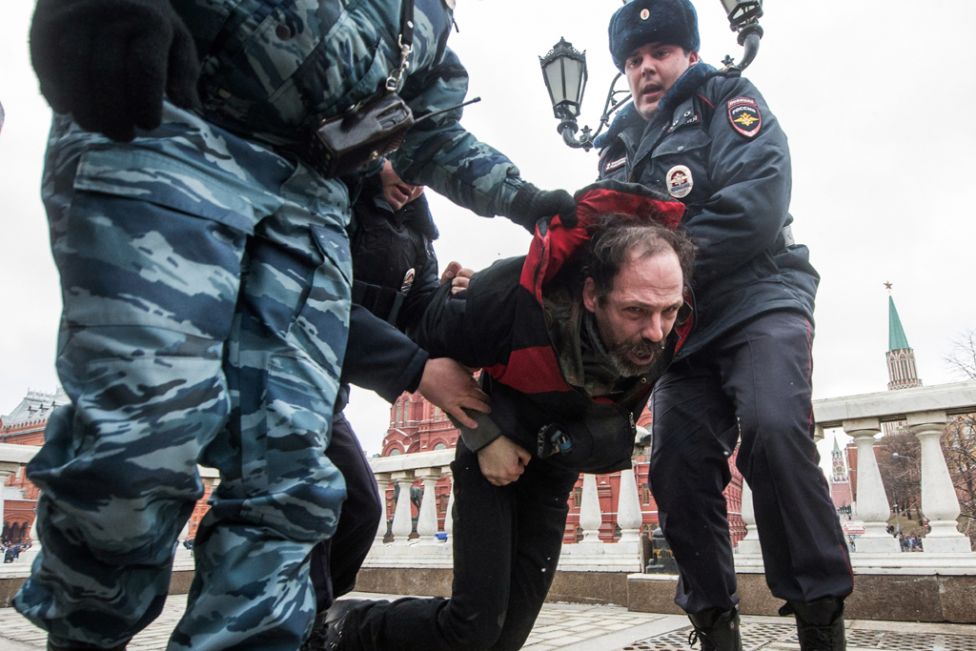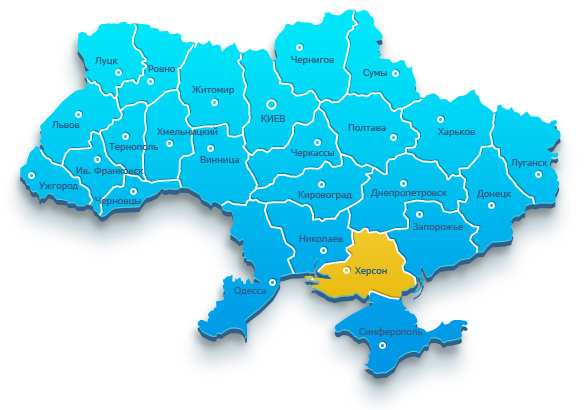According to experts surveyed by “Noviye Izvestiya” concerning changing budgetary priorities of the Russian government, “2015 promises to be the last year of relative stability” in Russia before belt-tightening and stagnation of the kind that recalls the period which led to “the collapse of the Soviet empire.”
In today’s issue of that Moscow paper, Sergey Putilov writes that because of its isolation from the West, Moscow is being forced to find its own funds to pay for increases in defense and “projects of the century” by cutting money that had been going to health, education, and food for the population.
Indeed, he suggests, the budgetary situation may be even worse than the current figures suggest because of increasing capital flight from Russia and the “lack of trust” in the authorities by business leaders after the arrest of entrepreneur Vladimir Yevtushenkov, especially since the Kremlin has not yet decided to increase taxes.
According to Russian analysts, Putilov says, “for the next three years, the budget will be based on military-mobilization principles,” with defense spending and the budget deficit increasing even as funds are cut for almost everything else. That is hardly the stimulus Putin promised but “there simply is no money” for that.
The only positive sign the experts see, he continues, is that the fall in ruble exchange rates mean that Russia will earn more in rubles for its sale of oil and gas abroad, but this will come at a high price as well: inflation will increase and ordinary Russians will have to pay more for goods they have come to rely on.
The embargo Moscow introduced in response to sanctions is only making the situation worse, despite the promises of the authorities that they would support the efforts of domestic producers to achieve import substitution. But the key institution involved, the agricultural ministry, has not been able to get increases in its budget allocations.
In short, Putilov writes, “butter will become less available even though spending on bullets will increase rapidly.” Indeed, it may be said that “defense expenditures are the only segment which indirectly supports the notion that the country is still moving ahead” – although it is “another question” whether it is moving in the right direction.
Yevgeny Yasin, a former economics minister and now a professor at Moscow’s Higher School of Economics, says that the population will be paying for this and that such a division of the budget “will hardly help get the country out of its current crisis” because it does not contain the stimuli needed to do that.
Spending money on defense will not do that given Russia’s current arrangements, he argues. As “Soviet experience showed,” the assumption that it will be “’a motor of progress’” is misplaced. And everyone should remember how that “experience” ended. Not will spending on “projects of the century” do the job: They didn’t in Soviet times, and the Sochi Olympics did not this year either.
Dmitry Oreshkin, a political scientist and commentator, agrees, and says that planned cuts in spending for health, education, agriculture, and even on integrating Crimea will hurt the Russian people and do little or nothing to achieve the growth that Putin and his government have promised.
And Aleksandr Deryugin, the director of the Moscow Center for Research on Regional Problems, suggests that the central budget cuts will have a cascading effect because many of Russia’s regional governments will not have the funds to meet their mandated functions and will have little hope of doing so unless Moscow somehow comes up with the money.





